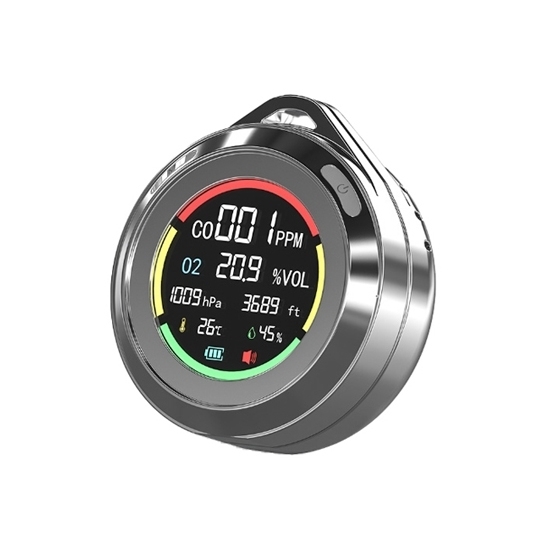ATO Air Quality Monitors
COMPANY PROFILE

ATO Air Quality Monitors
Overview
ATO air quality monitors contribute significantly to health awareness and disease prevention by providing critical data on air pollution levels. These devices are equipped with advanced sensors that detect harmful pollutants such as carbon monoxide CO, nitrogen dioxide NO2, CO2, CH2O and fine particulate matter PM2.5/PM1.0/PM10, offering users valuable insights into the air they breathe. One of the key contributions of ATO portable air quality detectors is their ability to raise awareness about the dangers of poor air quality. Many health conditions, including asthma, chronic obstructive pulmonary disease (COPD), and cardiovascular issues, are directly linked to prolonged exposure to polluted air. By delivering real-time information on pollutant levels, these detectors empower individuals to take proactive steps to protect their health. For instance, users can avoid outdoor activities during high pollution periods or implement air purification solutions in their homes. In addition to personal use, ATO handheld air quality meters are widely adopted in public spaces such as schools, hospitals, and elderly care facilities, where vulnerable populations are at higher risk. These devices help facility managers monitor indoor air quality and implement measures to reduce exposure to harmful pollutants. This proactive approach significantly reduces the likelihood of respiratory issues and other health complications. Furthermore, ATO air quality monitors play an essential role in community health studies and public health campaigns. The data collected by these devices helps researchers identify pollution hotspots and study the long-term effects of air quality on health. This information supports initiatives aimed at reducing emissions and promoting cleaner environments, ultimately improving the well-being of entire communities. By combining advanced technology with user-friendly features, ATO air quality monitors have become indispensable tools for fostering health awareness and preventing disease. Their contribution extends beyond individual benefits to broader societal impacts, making them a vital asset in the fight against air pollution and its associated health risks.Actions
Contact Name: Akhtar Hansen
Phone Number: 2136271118
Primary Address
838 S Grand Ave, Los Angeles, CA, United States 90017
Social Media
Key Facts
| Services: Computers & Electronics, Manufacturing | |
|
Founded: 2009
Revenue:
Firm Size: 150
No of Clients:
|
|
| Client Name: | |
|
Key People:
|
